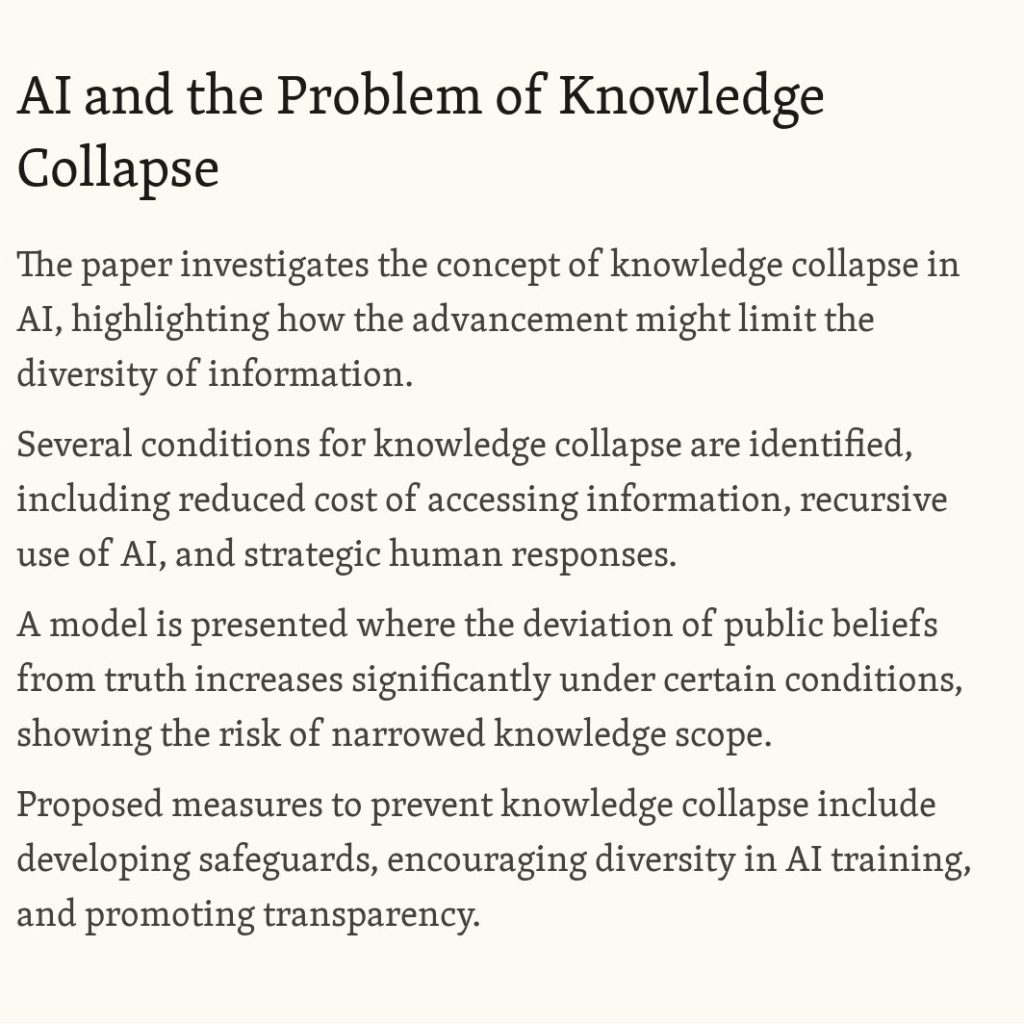In the fast-evolving landscape of technological innovation, Generative Artificial Intelligence (GenAI) stands out as a pivotal force reshaping industries worldwide. As companies grapple with decisions regarding GenAI investments, board members find themselves at the forefront of strategic deliberations. Here’s a concise yet comprehensive guide outlining key considerations for board members navigating GenAI investments.
Seizing a competitive advantage with GenAI
In today’s cutthroat business environment, gaining a competitive edge is paramount. GenAI offers a gateway to innovation and growth, positioning companies ahead of rivals. Despite initial apprehensions, the burgeoning GenAI market is projected to burgeon into a $1.3 billion industry by 2032, as per Bloomberg forecasts. Embracing GenAI isn’t just an option but a strategic imperative to stay abreast of industry trends and maintain relevance in dynamic markets.
The integration of GenAI tools across various sectors promises to revolutionize productivity. Businesses anticipate a substantial uptick in overall efficiency, with GenAI poised to streamline tasks ranging from content creation to data analysis. Notably, studies indicate significant productivity spikes, with sectors like customer support witnessing a notable 14% surge. By equipping employees with GenAI-powered solutions, companies can redirect human capital towards high-impact projects, maximizing organizational output.
Fostering innovation in GenAI ecosystems
Innovation lies at the heart of GenAI integration. Companies must proactively cultivate environments conducive to GenAI-driven creativity and ingenuity. Executives recognize the need for robust resources to meet evolving GenAI innovation expectations. Instituting novel workflows and roles geared towards optimizing GenAI utilization is crucial. By championing a culture of experimentation and adaptability, organizations can harness GenAI’s transformative potential to drive sustainable growth.
As companies contemplate GenAI investments, assessing Return on Investment (ROI) remains paramount. While CFOs prioritize cost reduction, it’s essential to acknowledge the substantial operational expenses associated with GenAI implementation. Estimates suggest costs exceeding $76 billion by 2028, signaling the magnitude of financial commitments involved. Balancing expenditure with anticipated gains in productivity and efficiency underscores the need for prudent financial planning and strategic foresight.
Prioritizing visibility and governance in GenAI adoption
Maintaining transparency and governance in GenAI utilization emerges as a critical imperative. With the proliferation of Shadow AI – unregulated GenAI usage – companies face heightened risks concerning data security and compliance. Robust monitoring mechanisms are indispensable to track internal GenAI usage effectively. Additionally, investing in employee education and training on GenAI tools is essential to foster responsible usage and mitigate potential risks associated with unauthorized utilization.
The transformative potential of Generative Artificial Intelligence (GenAI) is undeniable, presenting both opportunities and challenges for organizations worldwide. As board members navigate the complex terrain of GenAI investments, strategic foresight, and decisive action are paramount. By seizing competitive advantages, boosting productivity, fostering innovation, evaluating ROI diligently, and prioritizing visibility and governance, companies can chart a course toward sustainable growth and success in the era of GenAI.
In a rapidly evolving technological landscape, board members must remain agile and forward-thinking, leveraging GenAI investments to drive organizational excellence and unlock new avenues of value creation. With careful deliberation and strategic acumen, companies can harness the power of GenAI to propel themselves toward a future defined by innovation, efficiency, and competitive advantage.





